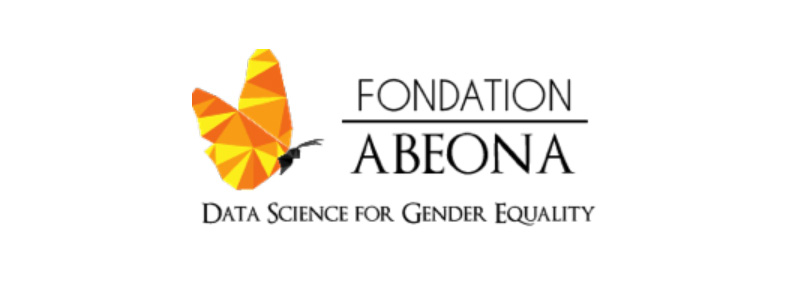Men and women face different chronic disease risks. Women, for example, are 1.5 times more likely to develop Alzheimer’s disease. Although biological differences, cultural and social factors play a role, we do not fully understand the causes. Data science and artificial intelligence have the potential to improve knowledge and diagnosis on such diseases and enable individualized treatments.
Fondation Abeona and Institut du Cerveau – ICM are joining forces to support two ground-breaking research projects on Multiple Sclerosis and neurodegenerative diseases such as Alzheimer’s. This two-year partnership comes into effect as Cédric Villani, a mathematician and member of the French Parliament, is preparing to submit a special report on France’s AI strategy in the next few weeks.
The “two infinities” of medical data: neuro-imaging and genomics
A million pixels in a medical image, a billion codes in a genome: high dimension is a major challenge to data science in medical research.
The second cause of severe disability after traffic accidents, Multiple Sclerosis manifests itself around the age of 30 and affects more than 80 000 people in France (source AP-HP). Three times as many women as men are afflicted. Different factors influence the onset of the disease and its progression.
The MSBioProgress project uses sophisticated statistical techniques to analyze high-dimensional data sets, such as genomic biomarkers and brain images to predict the individual evolution of the disease and propose personalized treatments.
Neurodegenerative disorders, such as Alzheimer’s disease, affect millions of people around the world. They progress over several decades before first symptoms appear. The Brain@Scale project develops a new algorithm to better diagnose neurodegenerative diseases from medical images. These two projects are led by researchers at the Institut du Cerveau – ICM’s Neuroinformatics Center, which incorporates innovative data science techniques into brain research.
“Medical data poses new challenges to data science. Algorithmic innovation is thus essential to building effective and useful tools for medical research. We particularly appreciate the stimulating support of the Abeona Foundation.” Olivier Colliot, research scientist at the Institut du Cerveau – ICM (CNRS) and co-leader of the ARAMIS team (Inria / Institut du Cerveau – ICM), and Violetta Zujovic, researcher at the Institut du Cerveau – ICM in the molecular and cellular approach team of myelin repair.
“We are excited to work with the Institut du Cerveau – ICM researchers and support these two multi-disciplinary projects at the crossroads of genomics, neuro-imaging and data science, as they demonstrate ethical applications of artificial intelligence” Anne Bouverot, President of the Abeona Foundation.
“We are delighted to partner with Fondation Abeona, a young and innovative foundation that has detected these two projects among our most promising ones in this area, and in doing so to promote gender equality, in full alignment with our values.” Professor Alexis Brice, Director General of the Institut du Cerveau – ICM.







